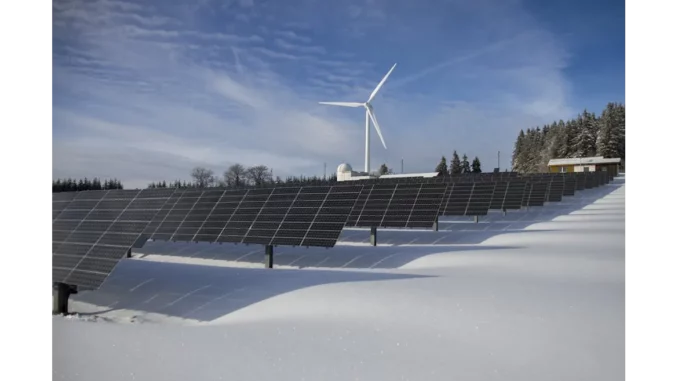
In the bustling world of energy efficiency, understanding the intricate dance between heat and architecture is a craft few have mastered. This is where Focus 360 Energy comes into play, offering not just a service, but a revelation in how we perceive and manage energy within our built environments. To delve deeper into this intriguing subject, I sat down with Alex, an industry veteran with over two decades of experience in sustainable architecture and energy consultancy. Our conversation centred around the nuances of Heat Loss Calculations and their transformative impact on energy efficiency.
Learn how Focus360 Energy supports Environmental Impact Assessments.
As we settled into the plush chairs of a quaint London café, the aroma of freshly brewed coffee filled the air, setting the stage for a discussion that promised to be as invigorating as the caffeine shot in my cappuccino. Alex, with a calm yet enthusiastic demeanour, began by explaining the essence of a Heat Loss Calculation. “Essentially,” he noted, “it’s a scientific method to quantify how much heat escapes from a building. Consider it the building’s energy audit, where every nook and cranny is evaluated for thermal inefficiency.”
The importance of such calculations cannot be overstated, especially in a world increasingly conscious of energy consumption and its environmental impact. Alex elaborated on how these calculations, by factoring in building materials, climate, and occupancy, provide a comprehensive understanding of where and how heat is lost. This insight, he stressed, is crucial for designing heating systems that are not only effective but also economically viable for both homes and commercial spaces.
“Focus 360 Energy,” Alex continued, “has truly carved a niche for themselves with their sophisticated approach to heat loss calculations. They employ state-of-the-art software, which allows for a meticulous examination of variables such as insulation quality and geographical location. It’s like having a thermal map of your building, pinpointing exactly where improvements can be made.”
The conversation turned towards the client experience, and Alex was quick to highlight the tangible benefits that come from such detailed assessments. “For the client,” he explained, “this means more than just potential financial savings. It’s about creating a comfortable living or working environment while being mindful of one’s ecological footprint. The reports generated by Focus 360 Energy don’t just stop at identifying problems; they provide actionable recommendations, which is where the real value lies.”
As someone who has collaborated with various energy service providers over the years, Alex praised Focus 360 Energy for their comprehensive service model. “Their team of experts,” he said, “bridges the gap between technology and practical application. They understand that each building is unique, offering bespoke solutions rather than a one-size-fits-all approach. This level of personalisation ensures that clients receive advice tailored to their specific needs, ultimately enhancing the thermal performance of their properties.”
Our discussion also touched upon the broader implications of adopting heat loss calculations in building design and renovation. Alex pointed out that such practices are essential in the fight against climate change, as they promote energy conservation and help reduce carbon emissions. “By optimising the way buildings retain heat,” he remarked, “we’re taking significant strides towards a more sustainable future. It’s about being responsible stewards of our resources.”
As our conversation drew to a close, I was left with a profound appreciation for the intersection of science, technology, and environmental stewardship embodied by Focus 360 Energy’s heat loss calculations. Alex’s insights had illuminated not just the technical aspects, but also the broader societal benefits of such assessments.
In a world where every degree of warmth matters, Focus 360 Energy offers a gateway to understanding and improving our interaction with the environments we inhabit. It’s a service that goes beyond numbers and calculations, touching the very essence of how we live and thrive sustainably.
Find out more at Focus 360 Energy


Be the first to comment